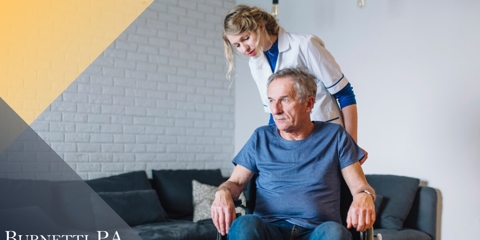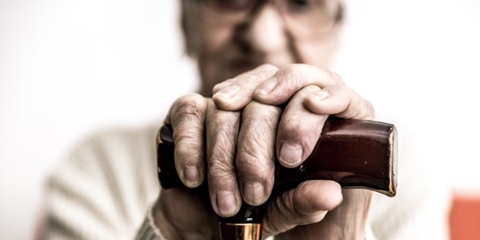Recognizing Signs of Elder Abuse
Elder abuse is a serious epidemic that can occur in nursing home environments. It is important for family members and caregivers to recognize signs of elder abuse so it can be addressed quickly and appropriately.
If any of these signs are present in an elderly family member living in a nursing home environment, it is advisable to seek medical attention right away and to confront the problem head on. Taking swift action may help protect the person from further physical or emotional damage while also preserving their dignity.
Physical Signs of Elder Abuse
Elder abuse affects millions of people every year around the world, but oftentimes remains hidden due to its insidious nature. Physical signs of elder abuse are particularly difficult to detect as victims may not report them out of fear or shame. Though many signs vary from individual to individual, some common indicators of physical elder abuse include unexplainable injuries, bedsores, and rapid weight loss.
Victims may also show signs of self-neglect such as poor hygiene or a lack of proper clothing. It's important to remain vigilant and look for the warning signs; if behavior seems out of character or suspicious, it could be a sign that something is wrong and further investigation is necessary.
Emotional Signs of Elder Abuse
While physical abuse is easy to detect, since there may be visible injuries, emotional abuse is much more difficult to recognize. With emotional abuse, family members and physicians should watch for changes in mood and behaviors such as anxiety, depression, suspiciousness of others and feeling the need to protect oneself from potential harm.
These signs, along with withdrawal from social activities, suddenly being fearful of a certain person or place, or having unusual stories or explanations are all indications of possible elder abuse. If any of these signs are detected by family members or acquaintances, it should be reported immediately to authorities so that steps can be taken to help protect the individual.
What You Can Do If You Suspect Elder Abuse In a Nursing Home
If you suspect elder abuse in a nursing home, it is important to take action quickly in order to protect the person(s) involved. If possible, document any evidence that they are being mistreated and contact the local authorities, such as law enforcement or Adult Protective Services. Speaking to other family members can also help provide additional information on potential abuse situations.
In addition, you may want to reach out to an attorney experienced in elder abuse cases who can assist with filing a formal complaint and advocating for the rights of the person allegedly suffering from abuse. Taking these steps will help ensure that people are safe and receive the care they deserve.
At Burnetti, P.A., we work for our clients. Our Florida nursing home abuse lawyers work to provide legal counsel when our clients need them most.
We go above and beyond to help. Call us at (888) 444-8508 today.



